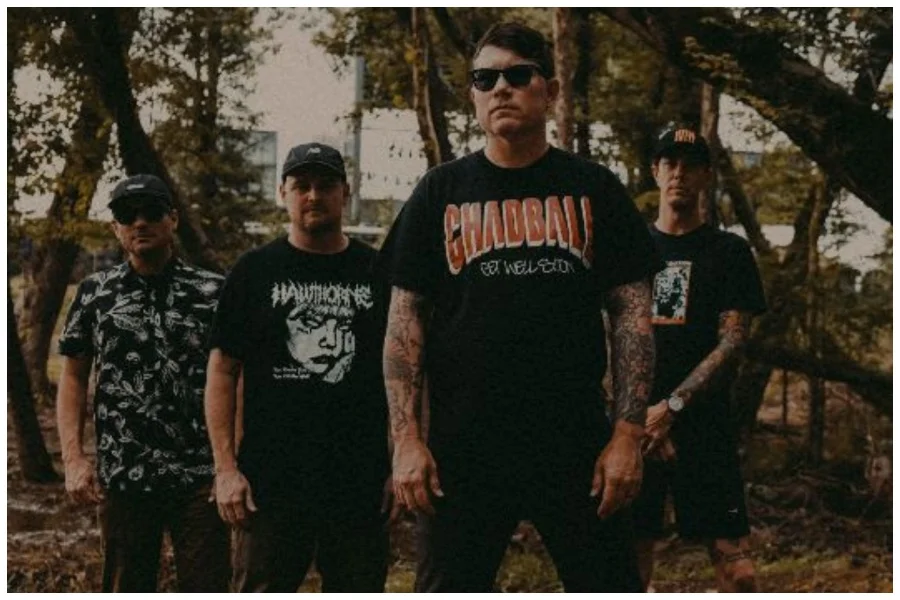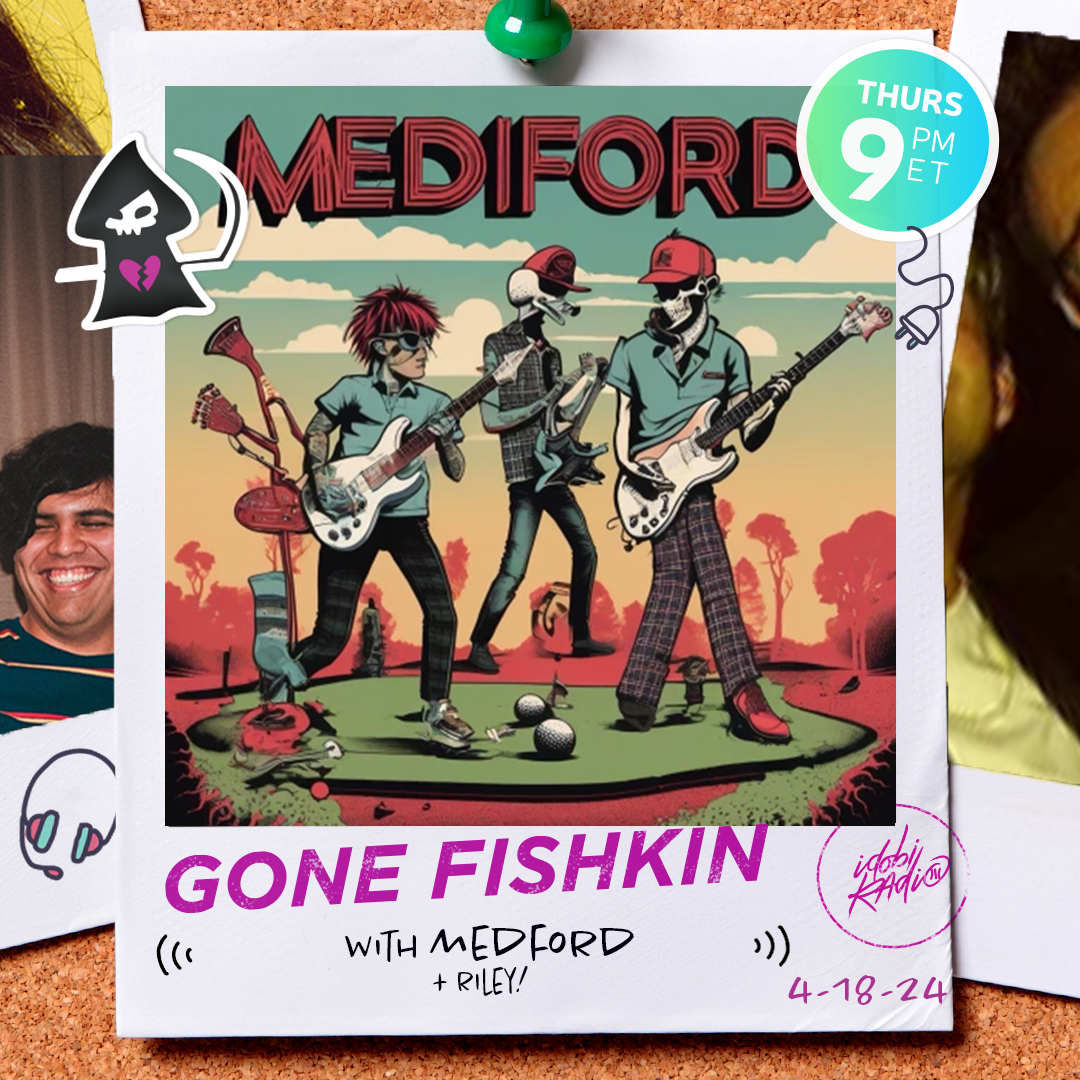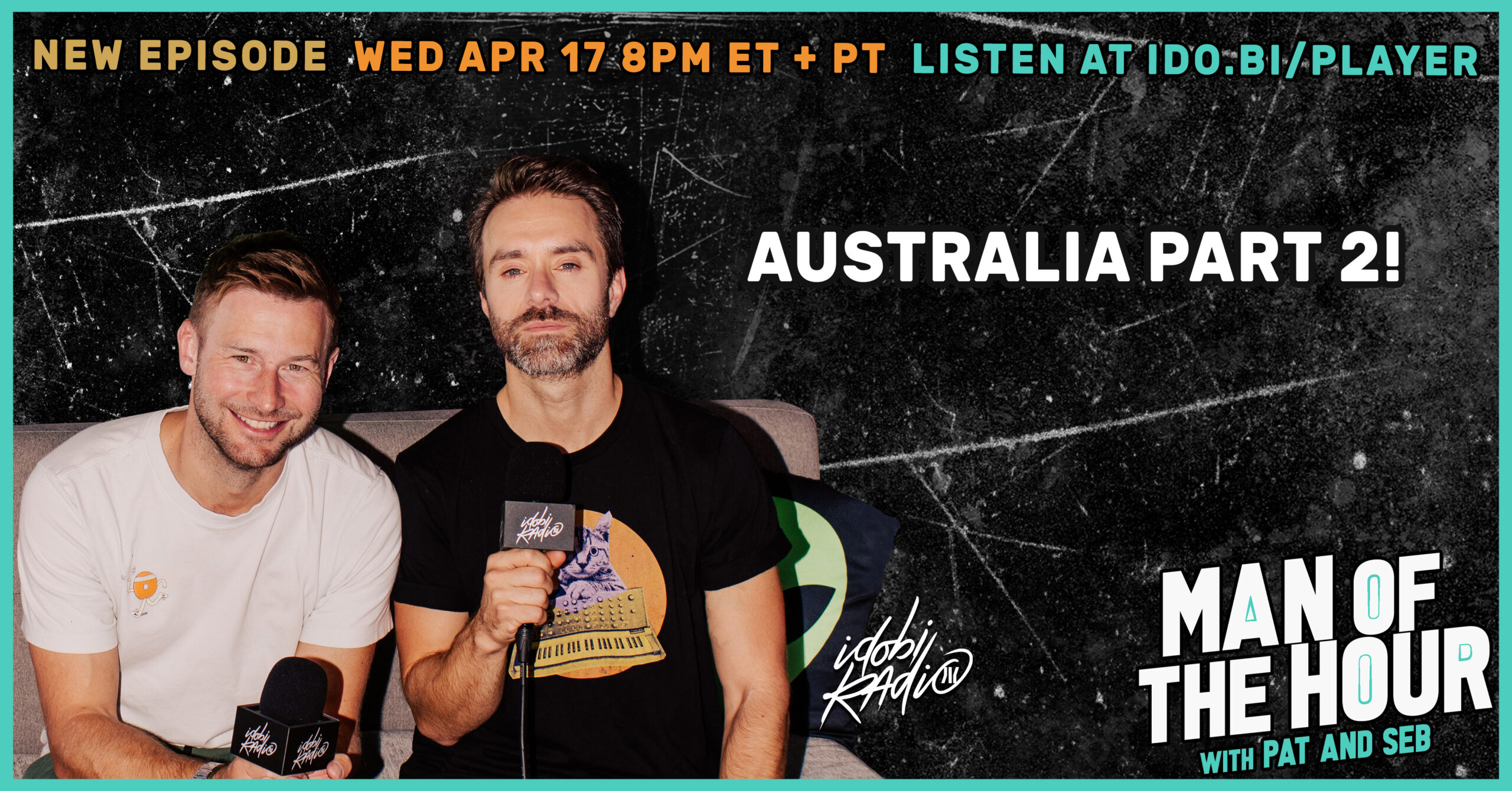The future of the music industry is being held, quite literally, in the palm of a twentysomething’s hand.
Not the “business” side of the music industry – you know, the folks you’ve perhaps heard weeping into their bowls of caviar over the 31 percent decrease in album sales over the course of the past year, a downturn the suits pin on the advent of digital music downloading and CD burning.
No, the “art” side of music business is being forceably changed. Artists are either coming to terms with changes in the ways their music is distributed – or doggedly railing against the dying of the light while the rest of the world gets on with it.
One of the toughest pills for many to swallow is the fact that the album itself seems to be headed down the highway to obsolescence.
The culture is changing. Single-song fever is sweeping the industry, and the days of the long-player seem to be winding down. For many, it’s hard to view this development as anything less than the seventh sign of the apocalypse.
After all, since the mid 1960s – when the Beatles released such albums as “Rubber Soul” and “Revolver,” the Stones burped out “Beggars Banquet” and “Let It Bleed,” and Bob Dylan gave us “Bringing It All Back Home,” “Highway 61 Revisited” and “Blonde on Blonde” – the album-length collection has been the accepted canvas upon which musicians were painting their masterpieces.
Singles – the one-hit wonders of the ’50s and early ’60s, the throwaways of the ’70s disco slump, the dance-pop from the ’80s to now – have always been viewed as disposable, the fast food of the music world.
What exactly the boom in digital music exchange has bequeathed to us remains unclear, but one thing is certain: Digital downloading has created a brand new single-song culture and an entire generation of listeners who’d rather create their own custom, multiartist collections than head to the store and pick up an artist’s “official” albums. It’s perhaps the ultimate victory of the Reader’s Digest excerpt over the novel.
A lost art?
“I never go into record stores to buy music anymore,” says Chastity Taber, a 20-something art director of a local publishing company. “Why should I? I can find whatever I’m looking for without leaving my house.”
She simply doesn’t have to. And Taber isn’t alone.
In fact, Rolling Stone reported in its current issue that during the second week of November, a digital single – OutKast’s “Hey Ya! (Radio Mix)” – outsold the top single available through traditional retail outlets, which happened to be MercyMe’s “I Can Only Imagine.” This is the first time that a download-only single has outsold a “hard copy,” and it’s emblematic of the sea change amongst the record-buying public.
Part of the reason for this is the omnipresent technology made available by Apple in the form of the iPod portable music player and the “digital jukebox” known as the iTunes Music Library. Though this technology was originally created solely for use with Mac computers, a Windows version is now available, and Microsoft has announced plans to launch its own music download store early next year.
Now, Wal-Mart, the nation’s largest retailer, will begin testing digital downloads on its own Web site, according to BBC News.
But it was Apple’s Steve Jobs who, in effect, offered the first real industrywide response to the perceived threat of illegal downloading. Users of iTunes, who download songs and then load them onto their iPods for portable enjoyment, pay 99 cents per song for the privilege.
“It’s extremely user-friendly,” says Taber. “You go to the site, type in the name of the artist or the song title, and search the data base. You can sample 30 seconds of a song for free, but you have to pay to download it. So essentially, you can create your own CDs, make your own album, without any of the weaker tracks that might be on an album you bought in the store.
“You can create your own library of songs. Right now, I have a few thousand in mine.”
As the iPod technology has improved – the latest iPods hold 40 gigabytes, which could house hundreds of hours of music – traditional consumer-artist relations have turned a corner.
One-hit wonders?
Despite the hijacking of the music industry by this new breed of “singles kid,” there are music lovers for whom digital downloading and personal compilation discs will never fully replace the full-length album.
Greg Dumond of Buffalo feels that true music lovers will always want to buy artist-approved works even if they burn their own compilations.
“I hope there will always be enough of us who appreciate full-length albums – prepared as cohesive artistic statements by inspired artists – to keep the album format alive and well,” he says.
“I will certainly continue to purchase full-length music recordings weekly, regardless of how many songs I otherwise download.”
Since the advent of digital music downloading and CD burning, the music industry has claimed it as the devil in the woodpile. Sales down? Albums flopping? Artists failing to forge careers based on a consistent and engaging body of work? It must surely be the fault of the dreaded Internet and the nation of downloaders and burners it has spawned.
Or maybe not.
“The ability to download music has only increased the number of artists and albums on my wish list,” says Dumond. “But then, I’m an active, avid music fan who is somewhat addicted to albums rather than singles.
“I’ll always prefer to experience music the way the artist intended, in whatever format that may be, because I’m always searching for insights into the artist’s mind.”
But what about those listeners for whom music is more wallpaper than religion?
“I’m sure it’s very different for people who are only casual or social music listeners,” he continues. “I think many people are conditioned to wait and see which songs are most popular before they spend more than 5 seconds or 5 cents on music. I think short attention spans, nightclub culture and social insecurities are more responsible for the declining interest in full-length albums than the ability to download songs.”
Craig Warner, a musician and former Western New Yorker who now lives in San Francisco, sees the demise of the album as something born of a nearsightedness within the industry, which has been passed it on to the consumer.
“I think it stems from our fast-food culture and the commodification of the music industry,” says Warner, who has spent the last decade working on various recording projects and trying to break into the sagging industry. “It seemed to start in the early ’90s – bands were signed that had some talent but they weren’t developed.”
“They were expected to deliver immediate results – instead of creating art, the emphasis shifted to getting one or two singles, and the rest became filler. I remember getting a few of these “albums’ home and being disgusted at how disposable most of it was,” Warner says.
Now what?
While the industry points fingers, listeners continue to make their own CDs, artistic and music business concerns be damned.
Not everyone thinks this is a bad thing. After all, as Taber says, “It’s a very rare occasion when I can’t find what I’m looking for online, and I’m willing to pay for it.”
So perhaps the album’s tenure as the avenue of expression has neared its end.
It’s hard not to see this shift as a “dumbing down” of popular culture, an erosion of the “art” side of the art/commerce dialectic by a greedy industry and a public accustomed to getting what it wants quickly and painlessly, and throwing it away when finished with it
As the sands shift and albums begin to appear as artifacts from a previous age, the fear among hardcore music lovers is that something will be irretrievably lost – perhaps the soul of the music itself.
“It’s already been lost,” says Warner. “There are a few notable exceptions: Radiohead’s “OK Computer,’ Jeff Buckley’s “Grace,’ the Flaming Lips’ “The Soft Bulletin,’ OutKast’s “Stankonia’ come to mind.”
“That new Jane’s Addiction (“Strays’) and the Audioslave album are incredible, too. And Rufus Wainwright is such a gifted genius. But the albums of today can’t compare to the Beatles’ “Sgt. Pepper’ for the most part, and that’s an inexcusable shame,” Warner continues.
“I’m not a hater – I want to believe. But I’m not a fool, either. I think it’s up to the artists to empower themselves and take some (expletive) pride in their craft. The means of production is in the hands of the artist today more than ever before – you can be successful without the majors backing you. Look at Ani DiFranco or Master P.”





























